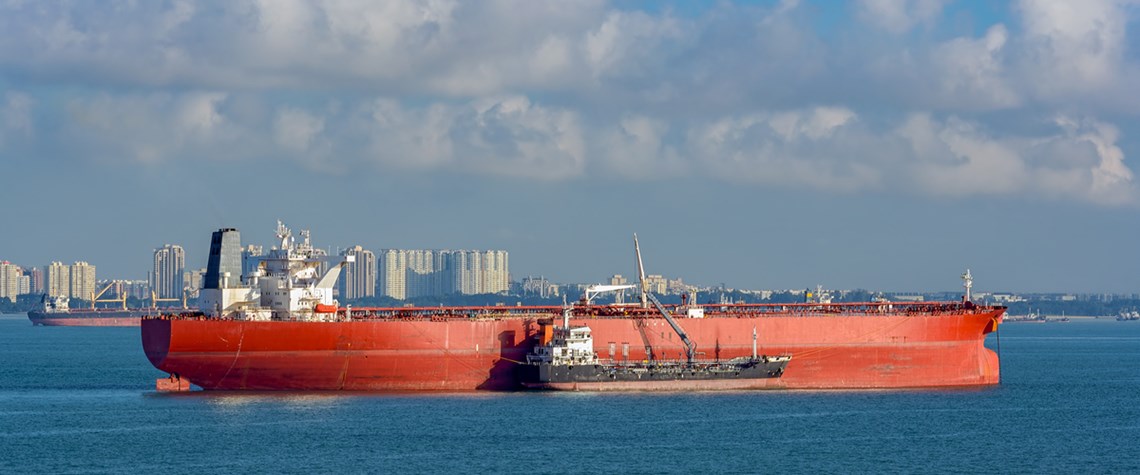More change ahead for the shipping sector
An unwinding of some Covid-related effects might challenge VLSFO’s initial IMO 2020 win
It is easy to overlook, amid the fallout from and response to Covid-19, the seismic shift that fundamentally altered the global bunker industry over the last year. At the beginning of January, the permissible sulphur content of marine fuels was lowered from 3.5pc to 0.5pc, a seemingly small regulatory change with lasting implications across multiple industries. IMO 2020, as the regulation is known, has forever transformed the global bunker market, although many of the more dire expectations surrounding the regulation have been temporarily blunted by the market reaction to Covid-19. One year after its rollout, the bunker market remains in a precarious position. The new sulphur standard has s

Also in this section
27 February 2026
The 25th WPC Energy Congress to take place in tandem as part of a coordinated week of high-level ministerial, institutional and industry engagements
26 February 2026
OPEC, upstream investors and refiners all face strategic shifts now the Asian behemoth is no longer the main engine of global oil demand growth
25 February 2026
Tech giants rather than oil majors could soon upend hydrocarbon markets, starting with North America
25 February 2026
Capex is concentrated in gas processing and LNG in the US, while in Canada the reverse is true







